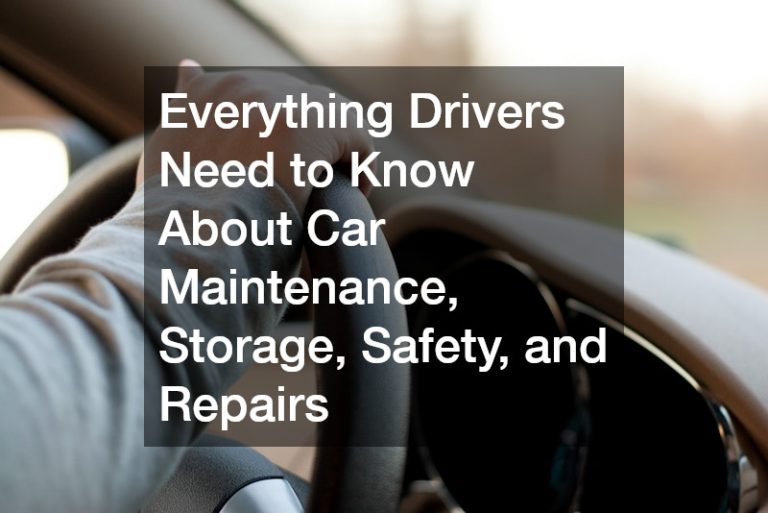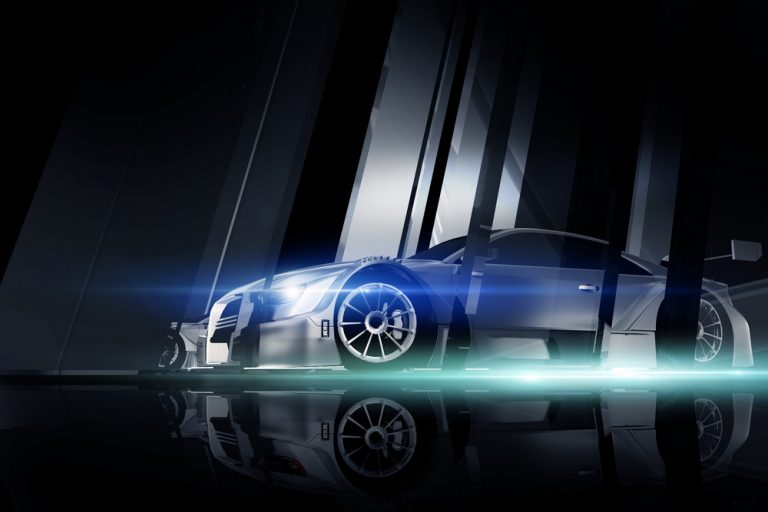


Technology has done many things for society. Some are beneficial, some are not. No one would argue though that America will benefit if we productively harness the power of technology for the greater good. Perhaps one of the greatest assets that has come from technology lately is the development of ignition interlock devices. These provide a way for individuals to monitor their own drinking and driving behavior as well as provide safer roads for other travelers and pedestrians. In fact, access and production of affordable, reliable ignition interlock devices may be this country’s best defense against drunk driving.
Unfortunately, current statistics indicate that every day in America, 28 people die from a drunk driving incident. In the past, short of locking up drunk drivers behind bars, society had no way of stopping these dangerous drivers from endangering others. A car breathalyzer device, however, can act as a preventative way to keep drivers under the influence from even starting a car, let alone driving it.
Who an Ignition Interlock Device Helps
Ignition interlock companies make products that can prohibit the engine from starting if an alcohol sensing device registers a problem. These devices can be installed with a pre-set level. For example, any breath that registers above a 0.02% Blood Alcohol Content (BAC) will disable the car’s ignition. Although the number may seem small, there are already 150,000 interlock systems placed in cars in America. In almost all cases, these devices are placed in the vehicles of drivers with multiple Driving Under the Influence (DUI) convictions.
We are creatures of habit and these preventative devices can create new habits. Even when ignition interlock devices are removed, studies indicate that their previous presence still has an effect. In fact, 39% of the users who have used interlock ignition devices still stop and monitor their own behavior before driving even after the device is removed. This is not the case for drivers who were never monitored by a device.
Although the legal BAC level is 0.08%, these devices are almost always set much lower. For instance, many are set at .01 or .02, sending a clear message that these previously convicted drivers should not drive if they have been drinking at all.
A Major Change in How America Handles Driving Under the Influence
Because of its ability to limit drunk driving, some advocates would like to see ignition interlock devices installed in all cars. Most recommend that these mandatory safety features would be set far below the legal limit of 0.08. Most recommendations are to have the systems set at a level of 0.03% to 0.04%. Similar to the common sense installation of seat belts and airbags, advocates see these devices as a technology that can address a major problem in this country. And while some still argue the freedom of individuals to make their own choices, few can debate the benefits of enforcing these safety features.
In addition to requiring drivers to use the system before driving, the device also prompts drivers to perform a rolling retest five to 15 minutes after the vehicle is started and randomly throughout the remaining time of the trip. These continued checks can help monitor that these individuals are not drinking while driving.
Statistics Merit a Change in Driving Behaviors
The annual cost of alcohol-related crashes in America exceeds $59 billion. And while drunk drivers do not cause all accidents, drivers with a 0.08% or higher BAC involved in fatal crashes were six times more likely to have a prior conviction for DUI than the drivers with no alcohol in their system. Not monitoring these drivers means they are allowed to continue their habits of drinking and driving.
Technology will continue to progress. This is undeniable. Finding ways to make the technology help society become a safer and more civil place should be the goal. When a driver gets a license in many states, they are agreeing to laws that say they must submit to a blood alcohol test if they are pulled over. It only makes sense that if they are arrested for their drinking levels they should expect further limitations. Limitations that can be monitored by a technology that will keep everyone on the road safer.



